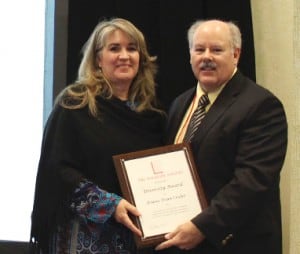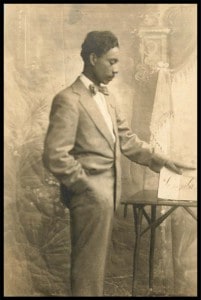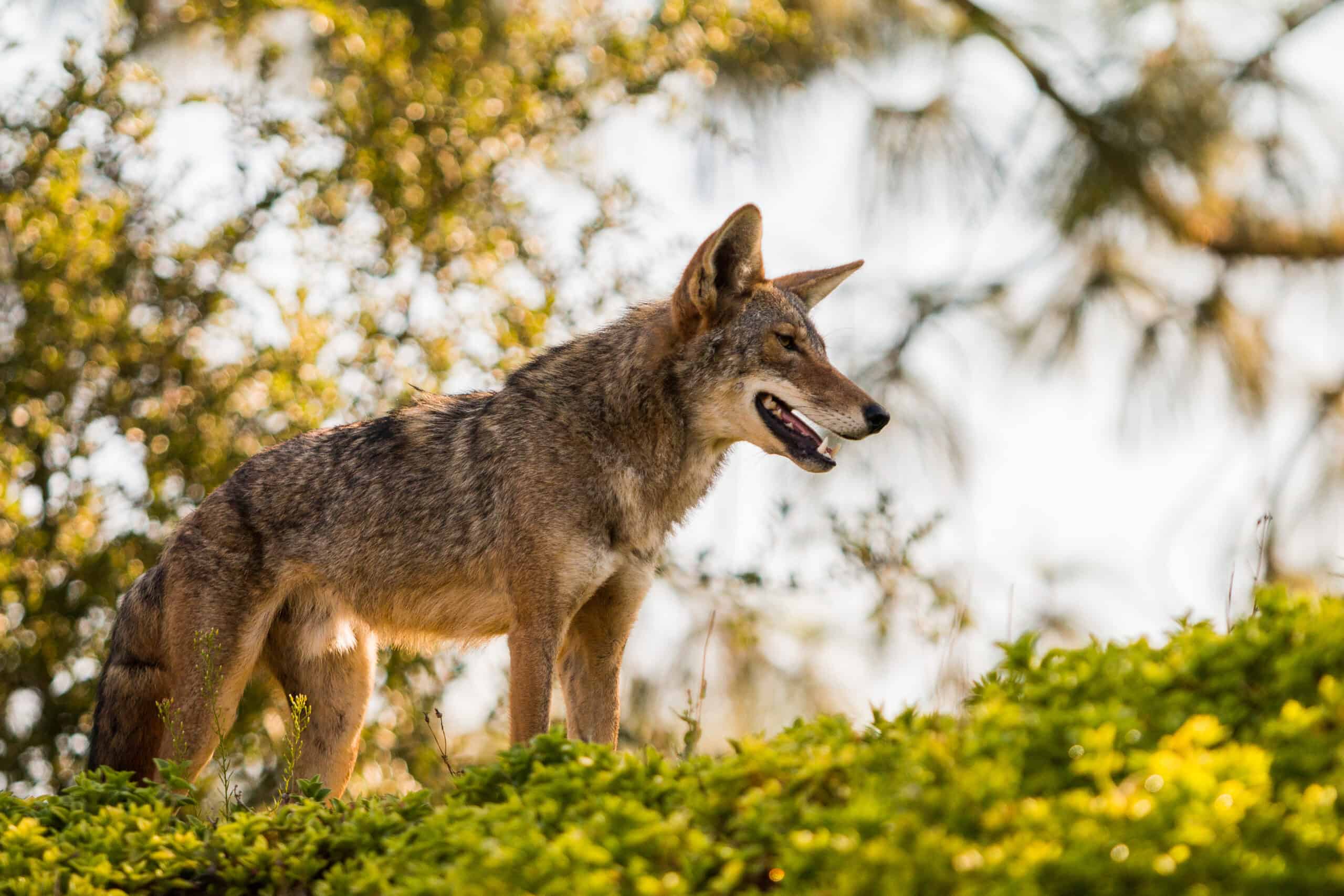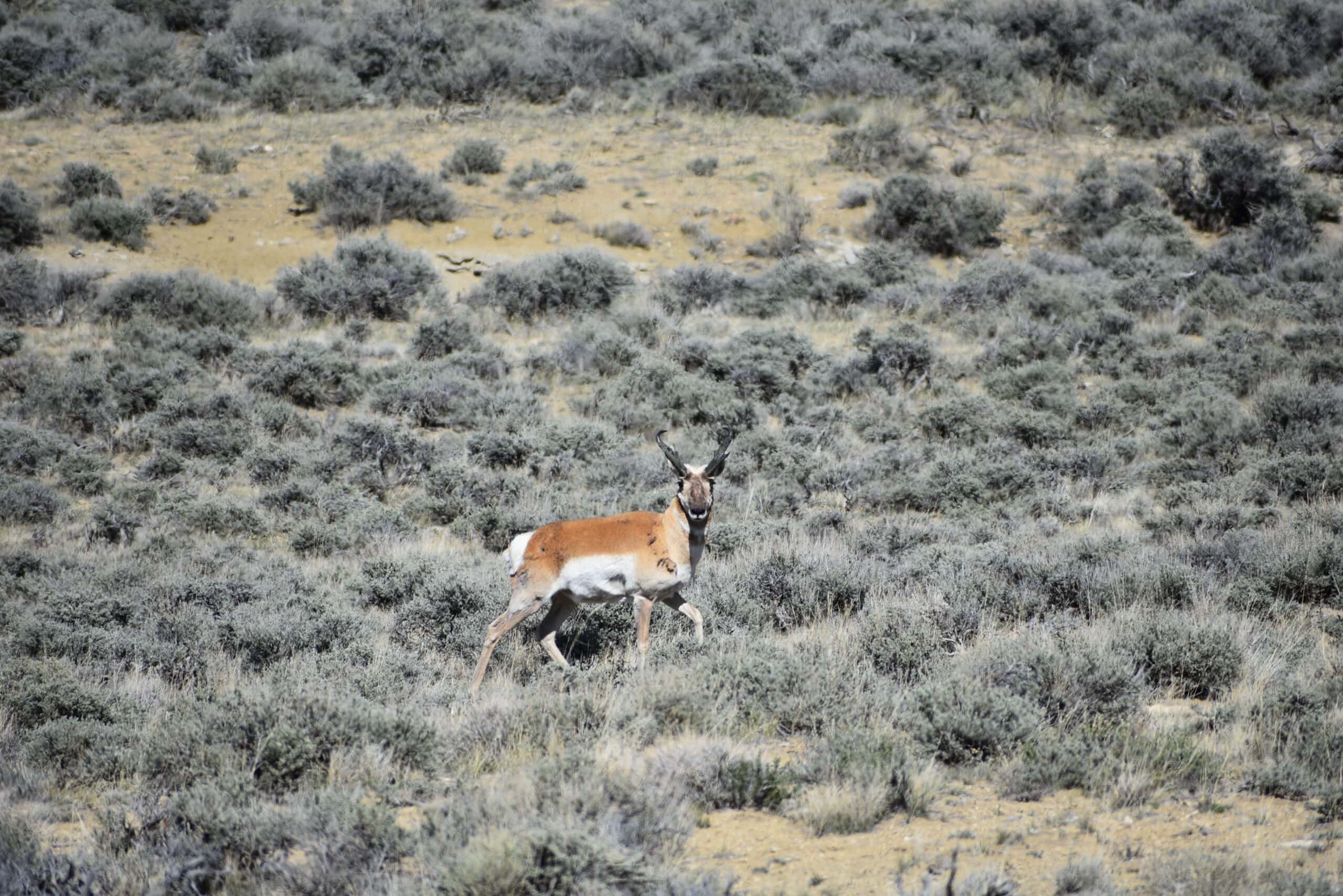Share this article
Dedicated to diversity in natural resources
Nominations for the 2016 Diversity Award will be accepted through May 1. Click on the link above to visit the Diversity Award webpage, or visit wildlife.org/awards to learn more about all TWS awards.

Diana Doan-Crider accepts the 2015 Diversity Award at The Wildlife Society’s 22nd Annual Conference in Winnipeg last fall.
As a child, Diana Doan-Crider listened to her grandfather tell stories about sighting Mexican wolves and grizzly bears in the Sierra Madre Mountains while he was working on the railroad in 1917.
One night, underneath a full moon, she was sitting with her grandfather on his porch in Mexico. He was reciting the Ruben Dario poem, “Motives of the Wolf” — or “Los Motivos del Lobo” in Spanish — by heart and Doan-Crider was listening intently. The poem retells the story of a wolf that was killing livestock high in the mountains of Spain and was sent away by the people. St. Francis of Assisi, a Roman Catholic friar and preacher, told the wolf to come back to the village to live with the people, but when the wolf obliged, it started killing again. When Assisi asks the wolf why it returned to killing, the wolf said “I kill because I have to eat. You hurt each other because of spite.”
Doan-Crider — the recipient of the 2015 TWS Diversity Award — says she picked up her love for nature and wildlife from listening to stories like these told by her grandfather. “As a Hispanic woman, I pursued it,” she said, adding that her family encouraged her to go into the field. A dual citizen in Mexico and the U.S. and of Tepehuán native descent on her grandparent’s side, Doan-Crider studied wildlife biology in the U.S. but returned to Mexico to conduct bear studies for more than 20 years. She is now part of the International Union for Conservation of Nature’s Bear Specialist Group, and continues to stay involved with the bear research community.
The Diversity Award recognizes an individual or organization for outstanding efforts in promoting ethnic and gender diversity in the natural resource professions, especially wildlife conservation and education. As the Director of Animo Partnership in Natural Resources, a nonprofit that focuses its attention on helping to develop programs to include minority groups in the natural resources field, Doan-Crider demonstrates these ideals perfectly. Her work includes introducing underrepresented students to natural resources and taking them on field trips to introduce them to government agencies. “We want to help empower them to preserve their culture and traditions, while strengthening their communities from within,” she said.
Doan-Crider, who has experience serving as a faculty member at several universities, says the main problems regarding minorities in natural resource fields are low recruitment numbers and low retention. She is partnering with communities, academic institutions and federal agencies to develop culture- and place-based education for students who want to become leaders in natural resources. One of the ways to do this is through partnerships and bridging funding between smaller minority serving institutions and larger universities, she says.

As a native Mexican of Tepehuán descent, Doan-Crider’s grandfather (pictured above) helped instill in her a love of nature and wildlife.
According to Doan-Crider, these smaller colleges are the life-blood of many communities, and often offer culturally relevant learning opportunities that are vital for the student. However, larger universities often have the curricula needed for many professional natural resource positions, so students must be prepared to “bridge” to these programs afterwards, if necessary. On the flip side, larger universities need to be culturally aware and create learning communities that help students become successful, and must also be willing to help these students become prepared for their own community needs — not just those of the general public.
Doan-Crider has been surrounded by supportive mentors throughout her career. However, her childhood was not easy — she suffered a lot of failures and tragedies, but refused to give up. She laughs about her terrible knee problems, and even though she’s had 13 knee surgeries and could have lost her leg, “that didn’t stop me from hobbling through the rugged mountains in Mexico,” she said. “Don’t let your limitations hinder you. Let them be a stepping stone.”
Header Image: Diana Doan-Crider working in the field. Image courtesy of Diana Doan-Crider.








